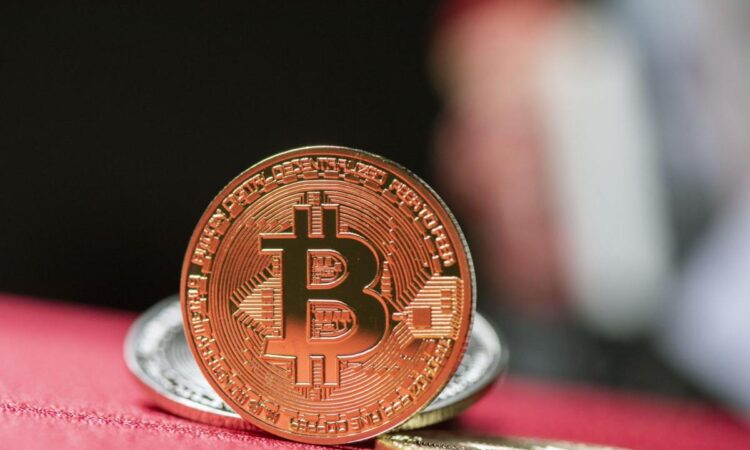The U.S. and Germany just sold off almost 5,000 Bitcoins—they should have added them to foreign reserves

Bitcoin holders feeling dejected by the currency’s latest slump have found a new target to blame: national governments dumping large quantities on the market. They might have a point. In the last week alone, the U.S. government moved to sell 3,940 Bitcoins (worth around $240 million) seized from a narcotics trafficker in 2014, while the German government dumped 900 Bitcoins—prompting fears Berlin could sell off its entire stash of over 45,000.
Those government hoards are together worth billions of dollars. Even though Bitcoin is highly liquid and widely distributed, it is still subject to the law of supply and demand, and large-scale sell-offs will invariably drive prices down. This is hardly the first time, though, that government sell-offs have put a strain on Bitcoin prices. In the case of Uncle Sam, the U.S. Marshalls Service has been auctioning Bitcoin stashes seized by the FBI, IRS, DEA, and other agencies for over a decade now.
In Bitcoin’s early days, when its staying power was in question, it made sense for the U.S. government to promptly sell off the currency it seized. Today, this “sell it all” mentality makes less sense. Whether you like the currency or not, the reality is that people in every country of the world hold Bitcoin, and that it has been one of the highest performing assets of the last decade. So why doesn’t Uncle Sam hold on to some long term?
I’m no expert on foreign reserves, but the broad strokes are that central banks hold other countries’ currencies in order to cushion the shock if their own currency falls into crisis. Popular choices include the euro, yen, pound, and, of course, the dollar. In the case of the U.S., the need to hold foreign reserves is less pressing given that the dollar is the main reserve currency for the entire world. Nonetheless, government reports show the U.S. holds at least $35 billion worth of euros and yen.
Given inflation and geopolitical troubles, is it a sure thing the yen and the euro—not to mention the pound and Swiss franc—are more durable than Bitcoin? It would seem only prudent for governments to allocate a small portion of their reserves (perhaps 2% to 5%) to the most popular decentralized currency. Indeed, they have held another nongovernment-backed asset—gold—as part of their foreign reserve for centuries.
This is already a live issue in Switzerland, where Bitcoin advocates are pushing for a change in the law to allow the Swiss central bank to hold it. The chairman of the bank rebuffed the suggestion, claiming Bitcoin is not liquid or sustainable. I would be curious to know how many of Switzerland’s younger people feel the same way—it’s a good bet many would disagree.
Jeff John Roberts
[email protected]
@jeffjohnroberts
This story was originally featured on Fortune.com



